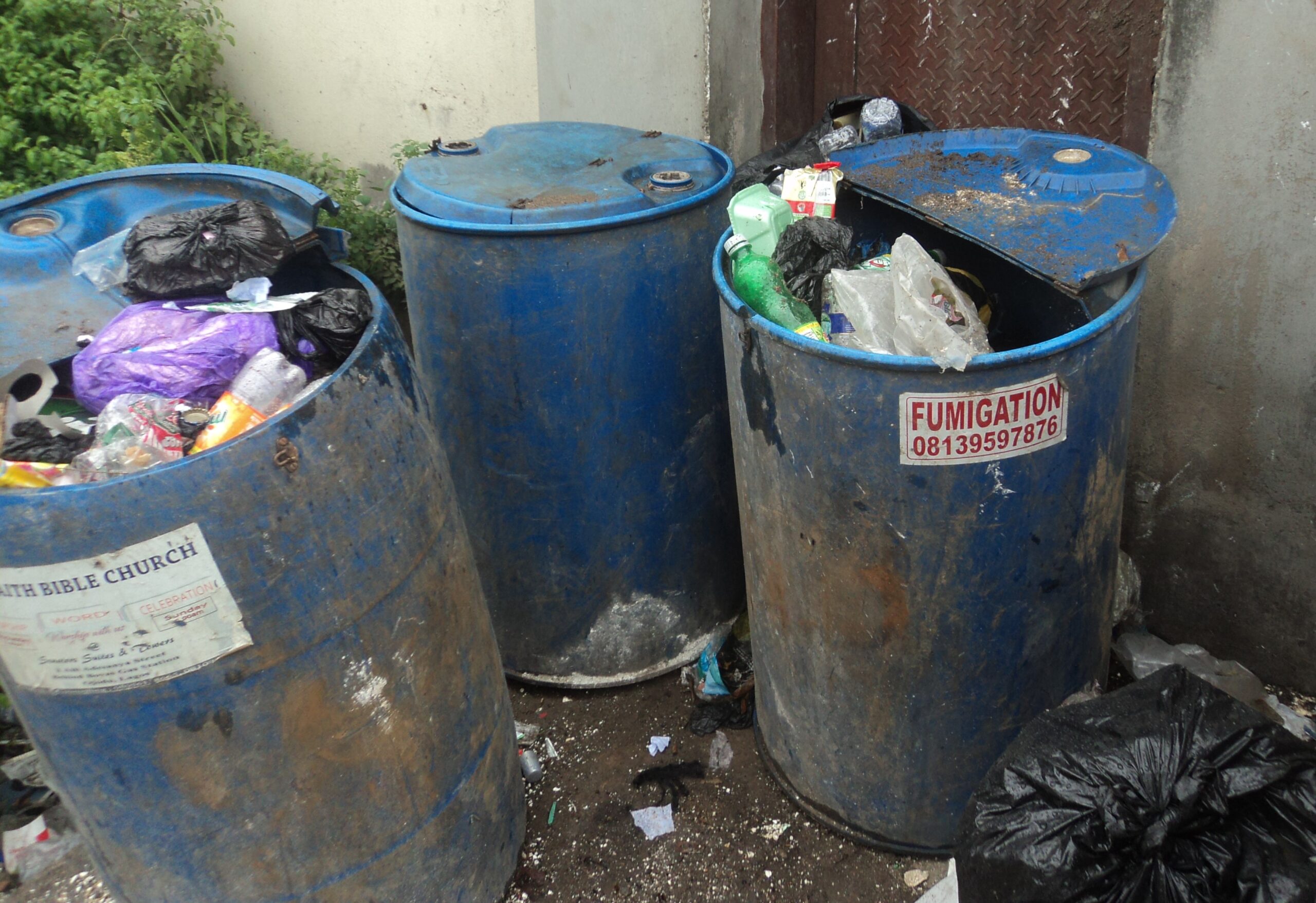Despite directly impacting our communities, health, and livelihood, climate-related reports usually take a back seat to dominant news beats like politics and business. Climate Watch aims to ensure you never miss important stories on climate change and actions being taken toward limiting its impact.
Here is a round-up of last week’s climate stories:
- The Oyo government, on May 18, launched a mobile application to track the collection and management of waste in the state. Uloma Airhienbuwa, chief strategy officer of Mottainai Recycling, said the app would allow users to initiate waste pickup requests, create a convenient pickup schedule, and easily make payment of bills.
- Last week, the United Nations Environment Programme (UNEP) said a system change of reuse, recycle, reorient and diversify, was needed to reduce plastic pollution in the world. UNEP said plastic pollution could be reduced by up to 80 percent by 2040 if countries and companies make deep policy and market shifts. The organisation also suggested using alternatives such as paper or compostable materials. Find out more here.
- Also, the ministry of environment and the National Environmental Standards and Regulation Enforcement Agency (NESREA), last week, recycled 300 tonnes of e-waste in Lagos state. Mohammed Abdullahi, minister of environment, said most developing nations have turned to dump grounds for used electronics, adding that there is a lot of environmental and health risk associated with e-waste. Read more here.
- Meanwhile, the ministry of agriculture and rural development (FMARD) in partnership with the Edo ministry of agriculture and food security, on May 15, trained over 240 farmers on climate-resilient practices in crop production. Wellington Omoragbon, director at the FMARD, said efficient initiatives in water management, smart tillage, good soil practices, crop mixtures, high-quality planting materials and the use of weather forecasting tools are some smart agricultural practices that can enhance productivity. Read more here.
- At the eighth international wildland fire conference held in Portugal on May 16, António Guterres, United Nations secretary-general, said the world was in flames as a result of fire emitting more greenhouse gasses. Guterres called for an urgent need to keep global temperatures below 1.5°C, phase out fossil fuels, restore ecosystems, as well as help vulnerable countries to build resilience. Read more here.
- The World Meteorological Organisation (WMO) on May 17, said there was a 66 percent likelihood that global temperatures would exceed 1.5°C above pre-industrial levels in at least one year between 2023 and 2027. Petteri Taalas, WMO secretary-general, called for adequate preparations ahead of the event, which he said would have serious repercussions on health, food security, water management and the environment. Find out more here
Advertisement
Add a comment






